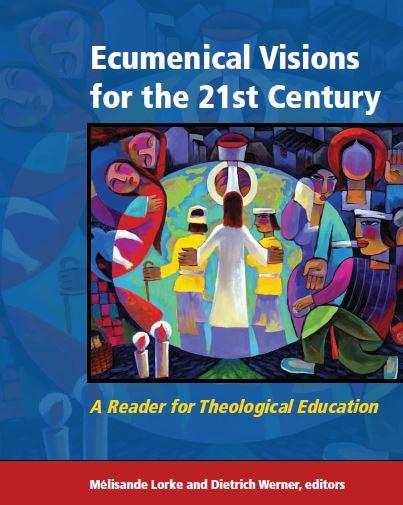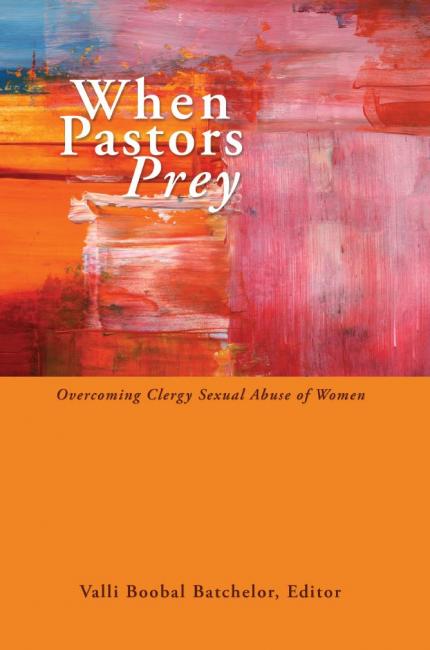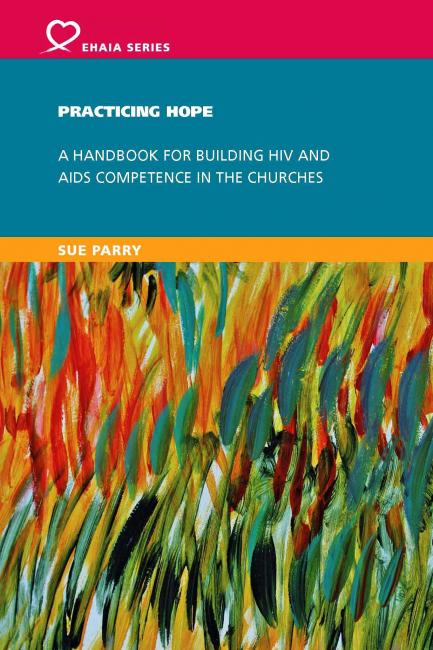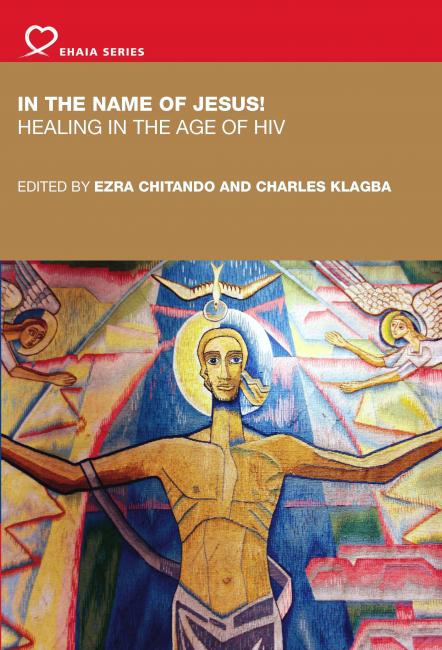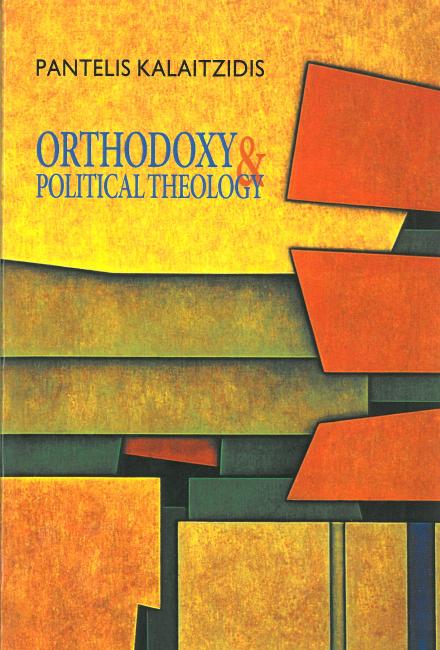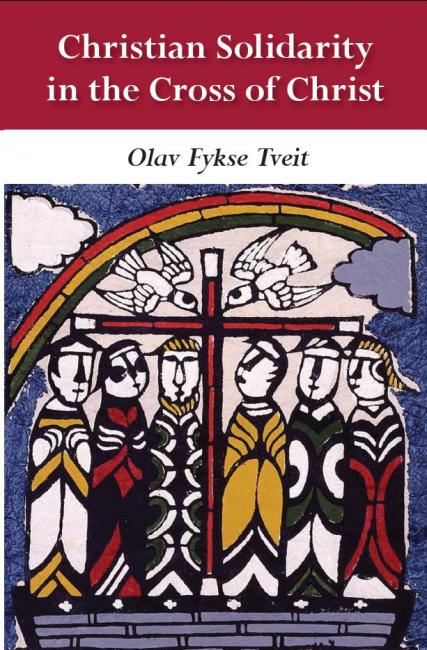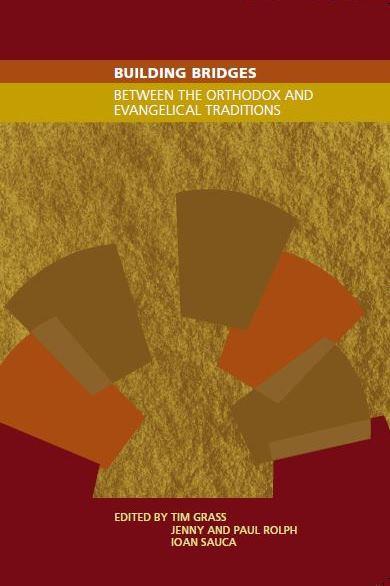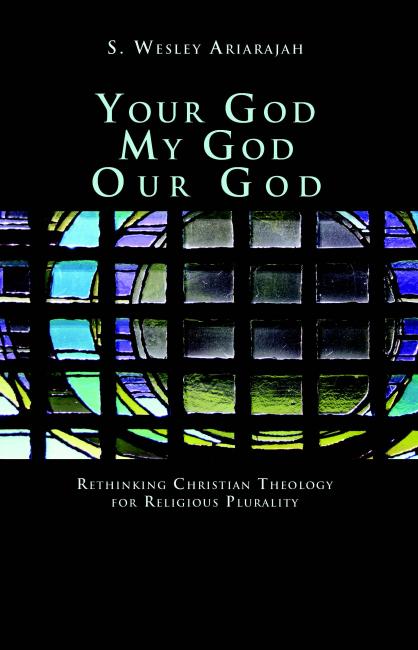Displaying 161 - 180 of 192
When Pastors Prey: Overcoming Clergy Sexual Abuse of Women
01 October 2013
Religion Power Politics
01 September 2013
Practicing Hope
01 June 2013
Human Rights of Stateless People
01 May 2013
Ninth Report 2007–2012
13 April 2013
The “Other” Is My Neighbour
01 February 2013
In the Name of Jesus! Healing in the Age of HIV
01 January 2013
Orthodoxy and Political Theology
15 May 2012
Orthodox Theology in the Twenty-First Century
01 May 2012
Christian Solidarity in the Cross of Christ
15 April 2012
